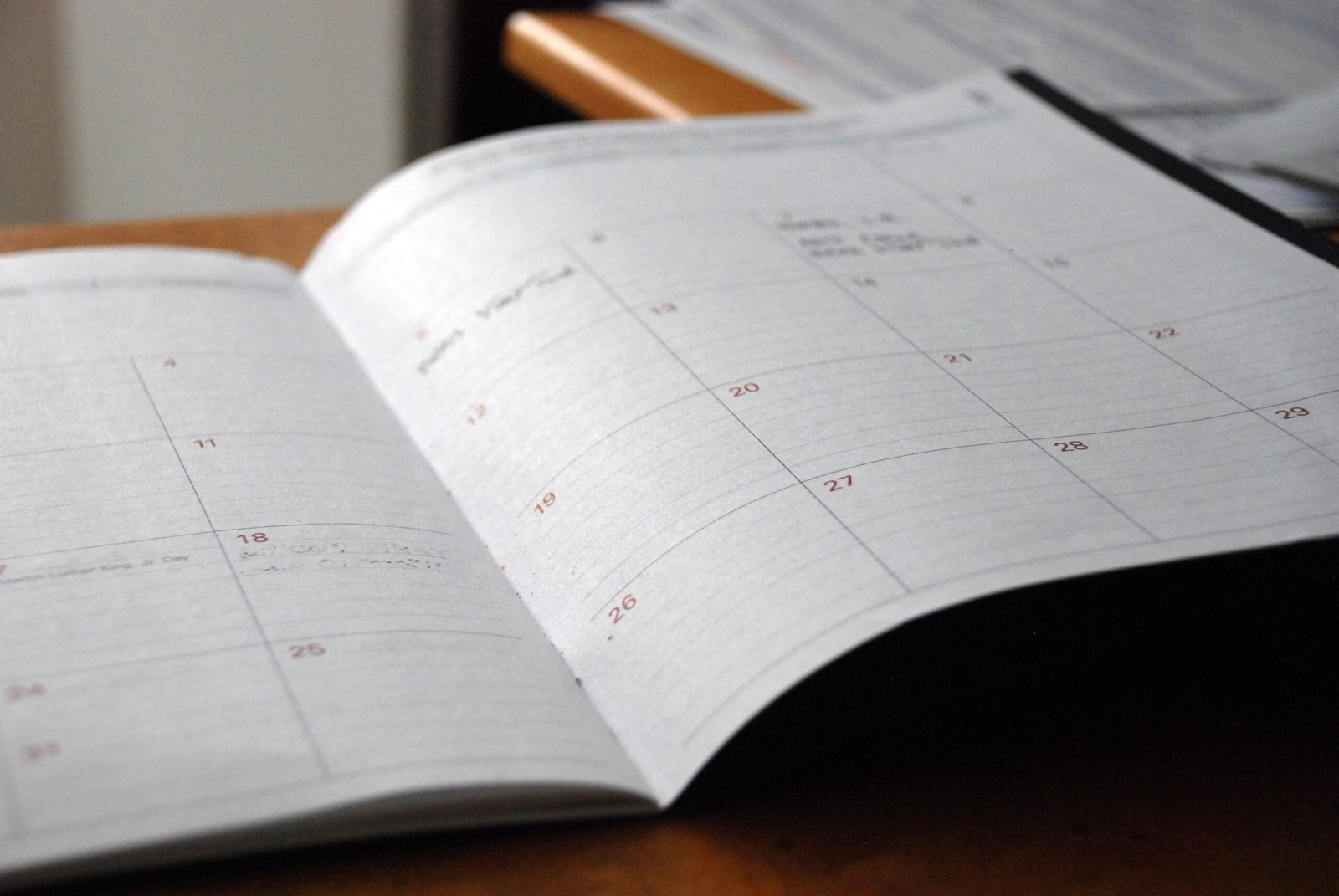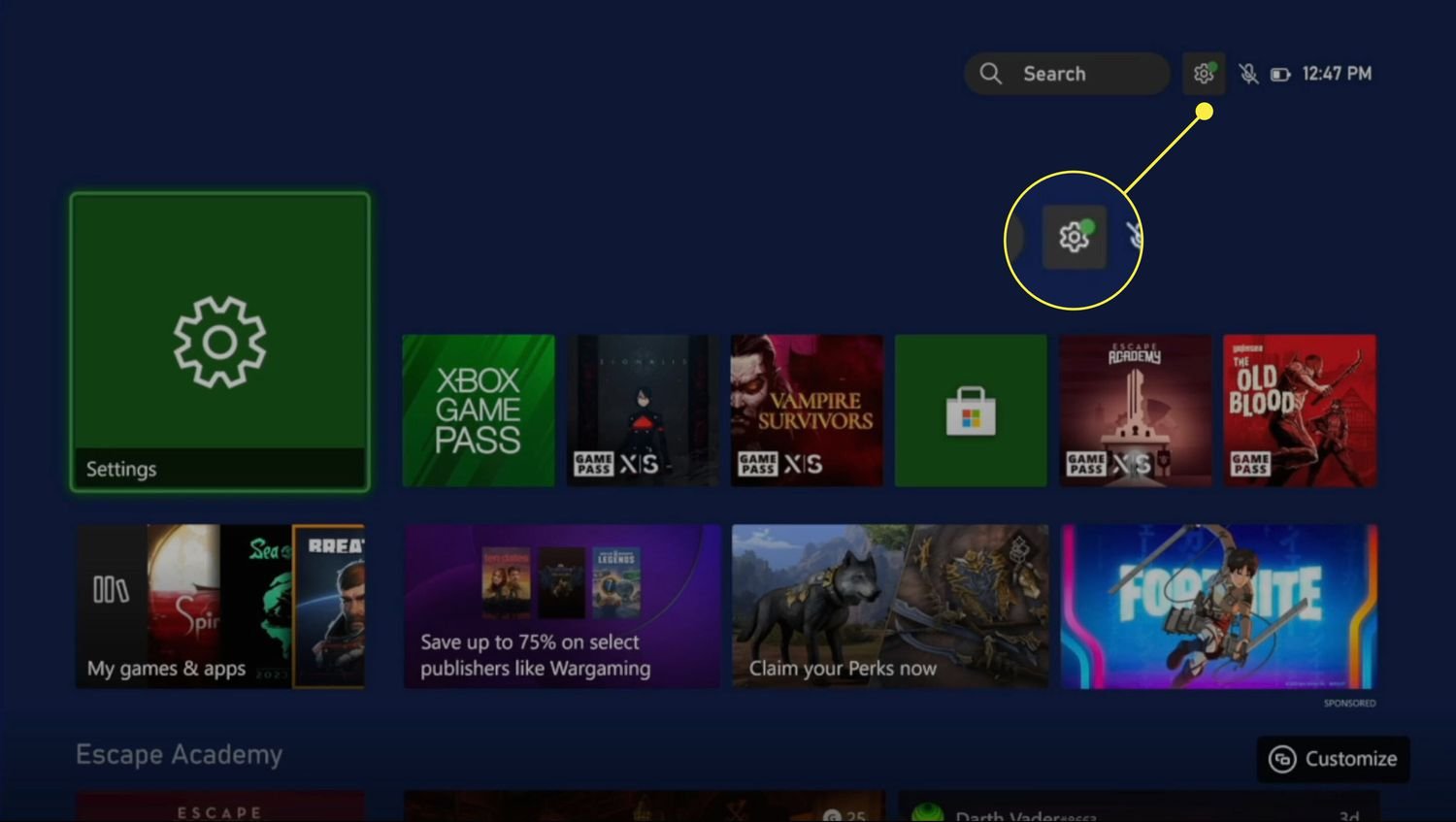School diary is a crucial statutory record in every educational institution. Whether in primary, secondary, or higher education, accurate record-keeping is essential for tracking teaching progress, workload, and student performance. This guide explores the importance of the school diary, how to enter school records effectively, and expert tips for maintaining accuracy and compliance with educational standards.
What is a School Diary?
A school diary is an official record book used to document a school’s weekly workload, lessons taught (work done), and termly student results. It is one of the essential statutory records that ensure transparency, accountability, and effective teaching practices within an educational setting.
Key Components of a School Diary
To fully understand the school diary, we must analyze its three major components:
- Workload – The planned academic content a teacher is expected to cover in a term.
- Work Done – The topics that have been taught, recorded systematically.
- Weekly Records – Teaching activities divided into weekly segments to track progress effectively.
What is the School Workload?
A school workload refers to the academic subjects and topics a teacher must deliver within an academic term. This workload is carefully structured based on the number of weeks in a term, ensuring organized lesson planning.
Teachers must record these topics under the workload section of the school diary. This helps in tracking syllabus completion and ensures that students receive the necessary knowledge within a given timeframe.
SEE THIS: School Attendance Tracker: Mastering Weekly Attendance Calculation Plus Top 7 Strategies for Accurate School Attendance Tracker
Understanding Work Done in the School Diary
The work done section captures all lessons taught weekly. It serves as proof that the topics outlined in the workload have been successfully delivered to students.
For instance, if the workload for Week 1 includes “Introduction to Algebra,” the work done for that week must reflect the same. This record ensures that teachers adhere to the planned curriculum.
Weekly Workload and Work Done – Why They Matter
Both the weekly workload and weekly work done are crucial for:
- Ensuring teachers stay on track with lesson delivery.
- Allowing school administrators to monitor academic performance.
- Providing a structured learning experience for students.
Each week, teachers should record their work done under the “Lesson Taught for Week Ending…” section, specifying the last weekday of the school week (e.g., Friday, March 15, 2025).
READ ALSO: How to Make Money from Home — A Beginner’s Guide to Freelance Opportunities
How is the School Diary Structured?
A well-organized school diary consists of the following segments:
- Cover pages & Table of Contents
- Workload column (Scheme of work per subject)
- Work done column (Weekly records of work)
- Examination results (Termly & Annual records)
Importance of the School Diary
The school diary is not just a record-keeping tool; it is a crucial instrument in education. Here are eight reasons why every school should maintain an up-to-date school diary:
- Defines Teacher Responsibilities: It outlines the specific workload of every teacher.
- Monitors Teaching Progress: Helps track lesson delivery as per the scheme of work.
- Supports School Supervision: Enables school authorities and education ministries to oversee academic activities.
- Ensures Teaching Consistency: Prevents lesson gaps and ensures uniformity in syllabus coverage.
- Simplifies Lesson Planning: With topics pre-listed, teachers can focus on content delivery.
- Enhances Accountability: Teachers can be assessed based on completed lessons.
- Aids Examination Preparation: Provides a summary of covered topics, assisting students in revision.
- Facilitates Teacher Transition: New teachers can quickly understand past lessons and plan ahead.
CHECK OUT: Weekly Attendance Percentage: 22 Proven Strategies Every Teacher Must Know to Simplify Per Student Tracking and Boost Classroom Engagement
8 Frequently Asked Questions on School Diary
Many educators and school administrators often have questions about the school diary. Here are some of the most important but less commonly addressed FAQs:
-
How Does the School Diary Enhance Teacher Effectiveness?
A well-maintained school diary helps teachers structure lessons, track progress, and ensure full syllabus coverage within the term.
-
What Should Be Done If a Teacher Misses a Lesson Recorded in the Workload?
If a teacher misses a lesson, they must document the reason in the school diary and reschedule the lesson to maintain curriculum balance.
-
Can a School Diary Be Digitized for Better Record-Keeping?
Yes! Schools are adopting digital school diaries to enhance accuracy, minimize loss, and streamline administrative supervision. Learn more about Digital School Diaries.
-
How Often Should the School Diary Be Reviewed by Administrators?
School administrators should review the school diary weekly to ensure proper lesson delivery and compliance with academic guidelines.
-
What Are the Consequences of Not Keeping an Updated School Diary?
Failure to maintain an updated school diary can result in untracked progress, ineffective lesson delivery, and difficulty in school supervision and inspections.
-
How Can Schools Train Teachers on Proper Diary Maintenance?
Schools can conduct professional development workshops on diary maintenance, record-keeping, and educational documentation to ensure teachers use the school diary effectively.
-
Is the School Diary Useful for Parents?
Yes! Schools can share summarized school diary records with parents to help them track their children’s learning progress.
-
Can the School Diary Be Used for Teacher Appraisals?
Since the school diary records lesson delivery, it serves as a vital document during teacher performance evaluations and appraisals.
READ MORE: School statutory Records: 27 Ultimate Guide to Mandatory School statutory Records for Exceptional Educational Management & 12 Frequently Asked Questions on School Statutory Records
Where Do Schools Source Information for the School Diary?
The data entered into a school diary is sourced from official and reliable educational guidelines, including:
- Ministry of Education’s Approved Curriculum (See official guidelines)
- School-approved scheme of work
- Recommended textbooks and teaching resources
These sources ensure uniformity and compliance with national education standards.
SEE ALSO: Secondary School Establishment Approval: Comprehensive Guide to Starting a School in Nigeria – Ultimate Guide to Secondary School Establishment Approval in Nigeria & 9 Essential Requirements You Must Meet
Step-by-Step Guide on How to Use the School Diary
Follow these expert steps to maintain an accurate and well-organized school diary:
- Obtain a School Diary – Ensure the school provides an official school diary at the beginning of the academic year.
- Refer to the Approved Scheme of Work – Copy out topics for each subject based on the government-approved curriculum.
- Record the Workload – Under the workload column, enter all planned topics for the term.
- Track Work Done Weekly – As you teach, record completed lessons under the work done column, specifying the date.
- Submit the Diary for Review – Every week, submit your school diary for official review by the school administration.
- Record Examination Results – At the end of the term, enter student performance records in the results section.
- Ensure Compliance – Follow all diary guidelines to avoid missing crucial entries.
- Review and Update Regularly – Keep the diary updated with the latest lessons and syllabus changes.
CHECK OUT: Adventure Travel for Thrill Seekers — Exploring the World’s Most Extreme Expeditions
Sample School Diary for a Secondary School in Nigeria (JSS 2 – Week 3)
School Name: XYZ Secondary School
Term: First Term
Class: JSS 2
Week: 3
Date: Monday, 5th February – Friday, 9th February 2024
Subjects and Entries for the Week
| Subject | Workload (Planned Lessons) | Work Done (Completed Lessons) |
| English Language | 1. Comprehension: “The Wonders of Nature” 2. Grammar: Present Perfect Tense 3. Writing: Informal Letter |
1. Discussed the passage and new vocabulary 2. Taught present perfect tense with examples 3. Students wrote an informal letter on “My Holiday Experience” |
| Mathematics | 1. Introduction to Algebra 2. Solving Simple Algebraic Expressions 3. Word Problems on Algebra |
1. Explained basic algebra concepts 2. Solved examples on the board 3. Conducted class exercises on algebraic word problems |
| Basic Science | 1. Photosynthesis Process 2. Importance of Green Plants 3. Practical: Testing for Starch in Leaves |
1. Explained photosynthesis with diagrams 2. Conducted class discussion on plant importance 3. Students performed starch test experiment |
| Social Studies | 1. Culture and Its Elements 2. Importance of Cultural Values 3. Class Debate: “Western Culture vs. African Culture” |
1. Defined culture and its components 2. Discussed cultural values in Nigeria 3. Students participated in an interactive debate |
| Civic Education | 1. Citizenship and Responsibilities 2. National Symbols and Their Meanings 3. Quiz on Nigerian National Symbols |
1. Explained good citizenship traits 2. Described national symbols with real-life examples 3. Conducted class quiz and awarded marks |
| Computer Studies | 1. Introduction to Internet Browsing 2. Search Engines and Their Uses 3. Internet Safety Rules |
1. Explained basic internet browsing 2. Demonstrated Google search techniques 3. Discussed safety measures for online activities |
| Physical and Health Education | 1. Importance of Exercise 2. Practical: Outdoor Aerobic Exercises 3. First Aid Treatment for Minor Injuries |
1. Discussed the benefits of regular exercise 2. Engaged students in morning aerobics 3. Demonstrated first-aid techniques |
| Agricultural Science | 1. Soil Types and Their Characteristics 2. Importance of Soil Conservation 3. Practical: Identifying Soil Samples |
1. Explained different soil types 2. Discussed soil conservation methods 3. Conducted practical session with real soil samples |
Teacher’s Remarks for the Week
- General Class Performance: The students actively participated in discussions, especially during the Social Studies debate.
- Challenges Faced: Some students struggled with algebraic word problems but showed improvement after additional practice.
- Recommendations: More hands-on activities will be introduced for better understanding of difficult topics.
READ ALSO: Solo Adventure Travel Experiences — Discover the Hidden Benefits of Traveling Alone
Conclusion
The school diary is an essential record that supports effective lesson planning, monitoring, and supervision. By accurately maintaining this record, teachers can ensure smooth academic activities and compliance with educational regulations.
Are you looking for more guidance on keeping statutory records in schools? We offer professional training workshops for teachers and school administrators on record-keeping and modern teaching techniques.
🔗 Contact Us for Training & Consultation For any questions, drop a comment below, and don’t forget to share this article with fellow educators!





